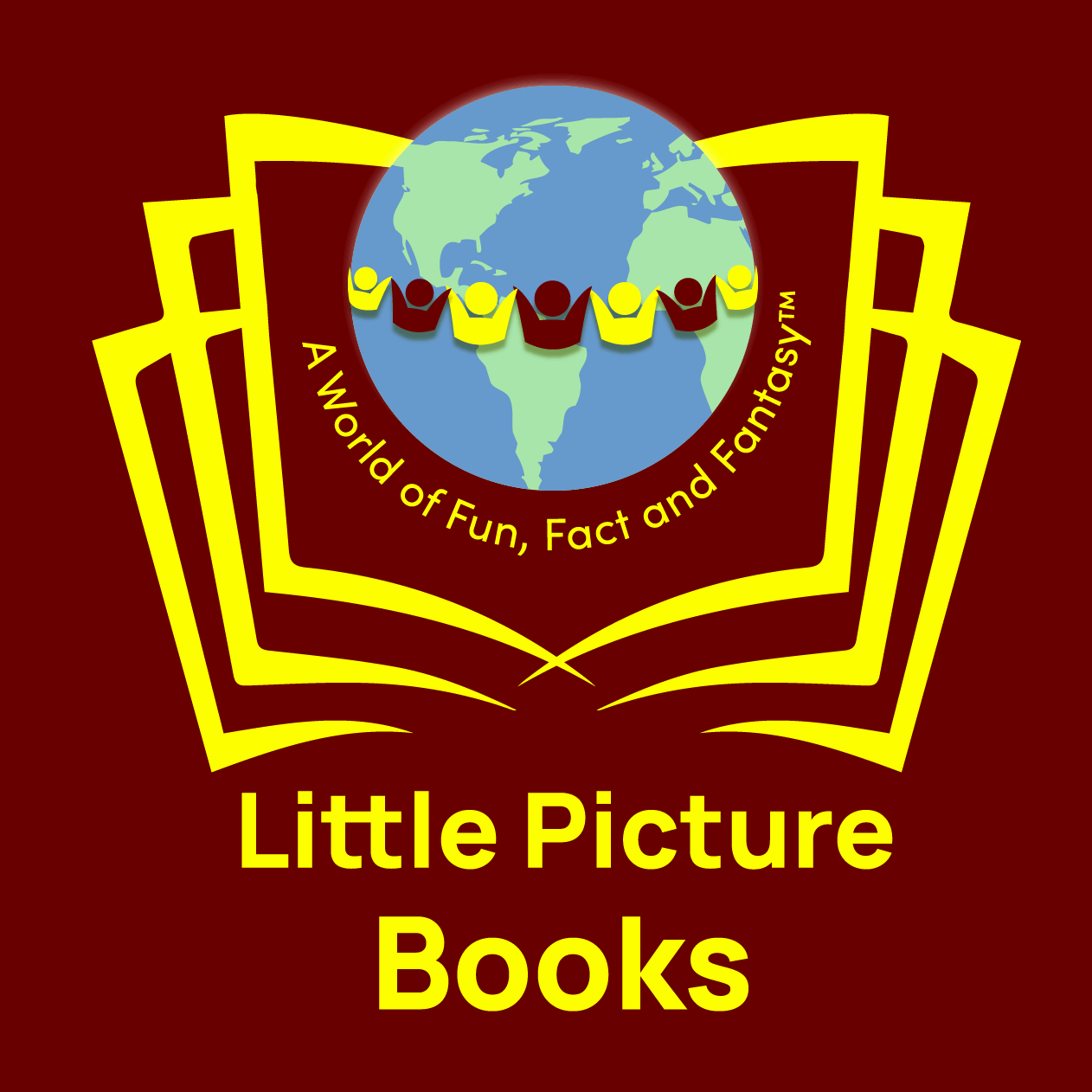Simplified English
1. As part of our initiatives to bring quality picture and chapter books to children around the world we shall be introducing Simplified English versions where appropriate. From my experience hosting students from around the world as well as raising three children, it is apparent that we “English” make the English language unnecessarily complicated in areas that are easily changed.
2. Initially these versions will focus on removing irregular verbs, unnecessary plural changes and community words.
3. For example instead of saying “slept”, we shall use “sleeped”. Instead of saying ”taught“ we shall use teached, instead of “thought”, we shall use “thinked”. Instead of saying “dwarves” as the plural of dwarf, we shall use “dwarfs”, instead of using “fairies” as plural of fairy, we shall use “fairys”, instead of using “tried” as past tense of try, we shall use “tryed”.
4. Instead of confusing singular/plural words such as “sheep”, we shall use “sheeps” for the plural.
5. We do not intend to clean up the whole English language though we shall be happy to work with organizations that wish to do so.
6. WE ARE NOT INTENDING THAT THIS REPLACES ANY CURRENT "OFFICIAL" VERSIONS OF ENGLISH USED FOR SCHOOL CURRICULUM PURPOSES, though it is to be hoped that the English government will do this in due course so that, over time, all English speakers will use an official version of Simplified English as the preferred way of speaking.
7. Languages change over time and particularly when the language is not written down or when printed materials are not widely disseminated. For example if you look at English spoken in Chaucer’s time (c 1340-1400 AD), much of it is quite different from English spoken in Shakespeare’s time (1564-1616) which, in turn, is different from English spoken today. For example in Shakespeare’s time they said “sayed” not “said”. That makes more sense as “sayed” is the simplified version of the past tense of “say”.
8. Even with written language we still have differences between “English” English and “American” English such as “honour” and “honor” and “labelled” and “labeled”. However worship cannot be “worshiping” instead of “worshipping” as the pronunciation is different being a long “i” sound instead of a short ”i” sound. At the same time pronunciation should be “pronounciation” or even “pronounceiation” – keeping the e at the end and just adding the suffix.
9. Other areas could include the verbs “to be” and “have”. For example, “ I be, you be, he/she/it be, we be, you be, they be” and past tense would be beed – ie be plus “ed”. In some English dialects/communities even now that is how this is spoken.
10. Or “I are, you are, he/she/it are, we are, you are, they are” since four out of six currently use “are”.
This is the beginning of the process, completely informal, but perhaps it is better to address these issues in as systematic process as possible.
The link below on the BBC website, which is shown below by kind permission from the BBC, addresses some of the language issues mentioned above.
https://www.bbc.com/reel/video/p09fv1w9/us-english-why-do-brits-hate-it-so-

